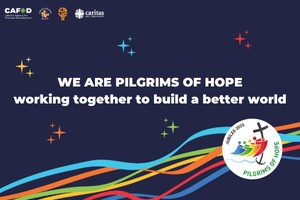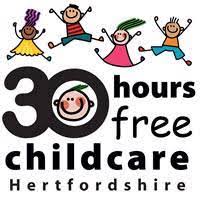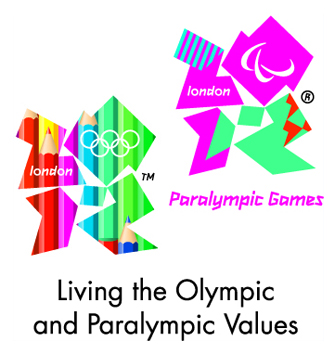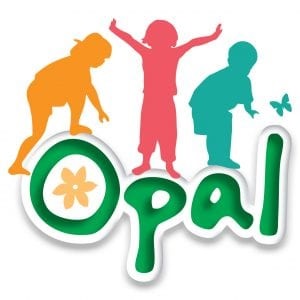French
All children from Years 1-6 learn French. Our curriculum is taught through the scheme, Language Angels. We are lucky to have a specialist French teacher, Mrs Young.
All materials at Language Angels have been written around the 12 PoS attainment targets and are fully aligned with the NC. We follow a ‘step-by-step approach’. The three ‘pillars’ of language learning (phonics, grammar and vocabulary) are all weaved into the scheme and, as pupils progress through the units and teaching types, previous language is recycled, revisited and consolidated.
Any new language is introduced gradually and becomes more complex and sophisticated as pupils move from Early Language to Intermediate to Progressive units. Pupils follow a programme that has ‘language learning steppingstones’ built into the resources. Phonics, vocabulary and grammar are taught gradually and recycled constantly. As they move through the various units and teaching types, the quantity of phonics, vocabulary and grammar increases so, by the end of primary phase, pupils will have met and often exceeded the 12 PoS attainment targets.
The three Language Angels ‘teaching types’ (early, intermediate and progressive) act as learning staging posts. Pupils are taught using units from one of these 3 ‘teaching types’ so the level of challenge and stretch is suitable for their level of ability.
The language learning journey starts with us working on nouns and gender, we then move up to phrase level and finally longer passages of text. As pupils move through the three teaching types they increase their knowledge and understanding of the foreign language as more grammar is introduce. Pupils will gradually understand more, say more, understand more of what they read and will also be able to write more. Pupils will learn to both ask and answer questions from the very start.
• Early learning units are aimed at classes that are just starting out in their foreign language learning journey and these lessons work mostly on vocabulary, single nouns (with article/determiner), first-person high-frequency verbs, building up memory skills and formulating very short simple sentences from memory by the end of each unit. This allows for short conversations, simple role-play and simple written activities.
• Intermediate units build on early learning and work at phrase level. More grammar is incorporated into the lessons, more vocabulary is presented in each unit and there is a more explicit teaching approach to grammar, phonics and vocabulary. Longer reading and listening exercises are provided and more is expected in terms of oral responses and written work. Pupils are expected to incorporate negative responses, use simple adjectival agreement, and use a variety of conjunctions and opinions.
• Progressive units are the most challenging and are aimed at classes that have solid foreign language learning foundations in place. The lessons contain more content and the pace is faster as more language is presented to the children. Progressive units encourage children to produce longer, more complex written paragraphs and speak more fluently and accurately from memory. Pupils are also encouraged to recall, reuse and recycle language learnt in previous units and from other teaching types. Based on our step-by-step approach, teachers do not allocate progressive units to their classes before they have completed a range of early learning and intermediate units, irrelevant of the age of pupils or the year group they are in.
/French/language_angels-_-progression_map_2019.pdf
Une autre chanson française active! Jean Petit Qui Danse
Fun French & Music for Everyone! Gouzi-Gouzi (the French Hokey Cokey)
Fun French & Music for Everyone! Jump Jim Joe!












